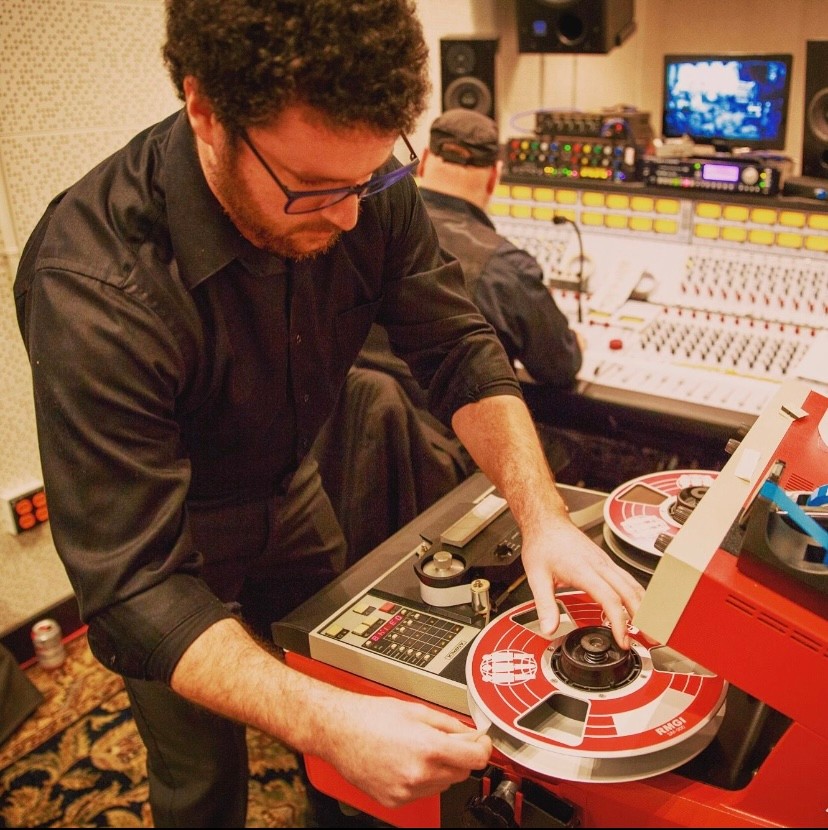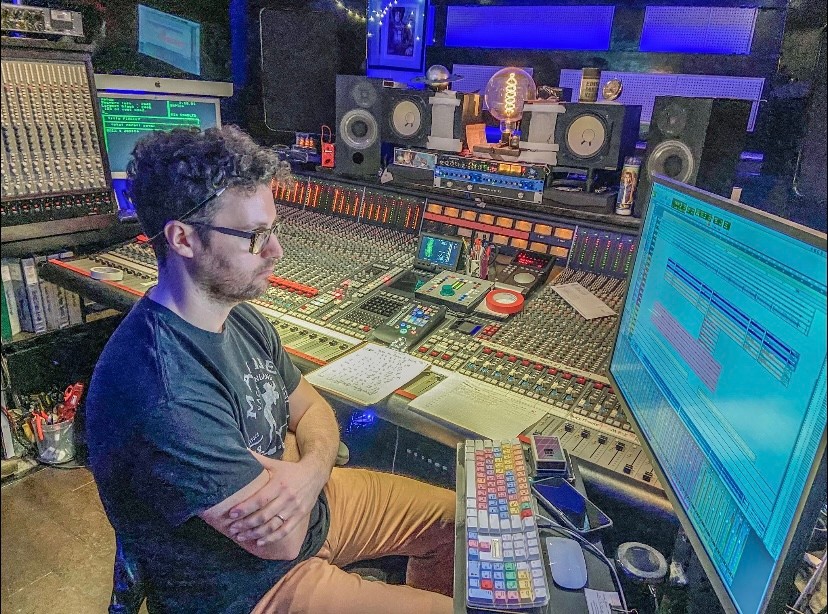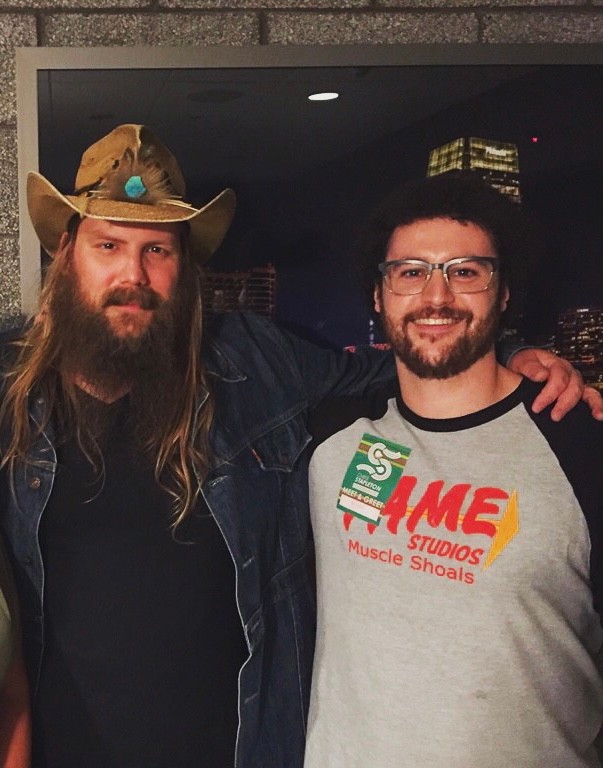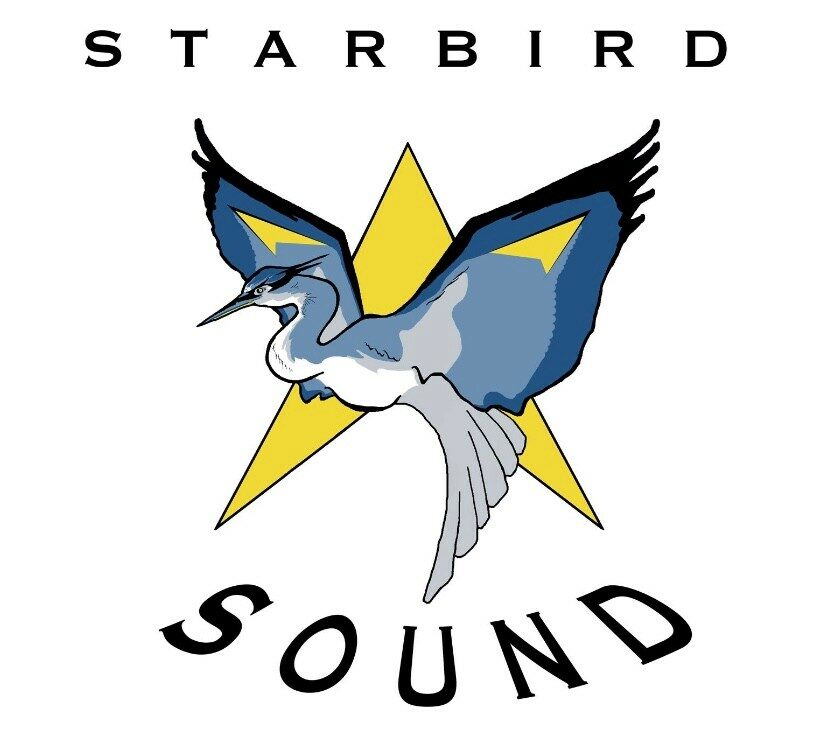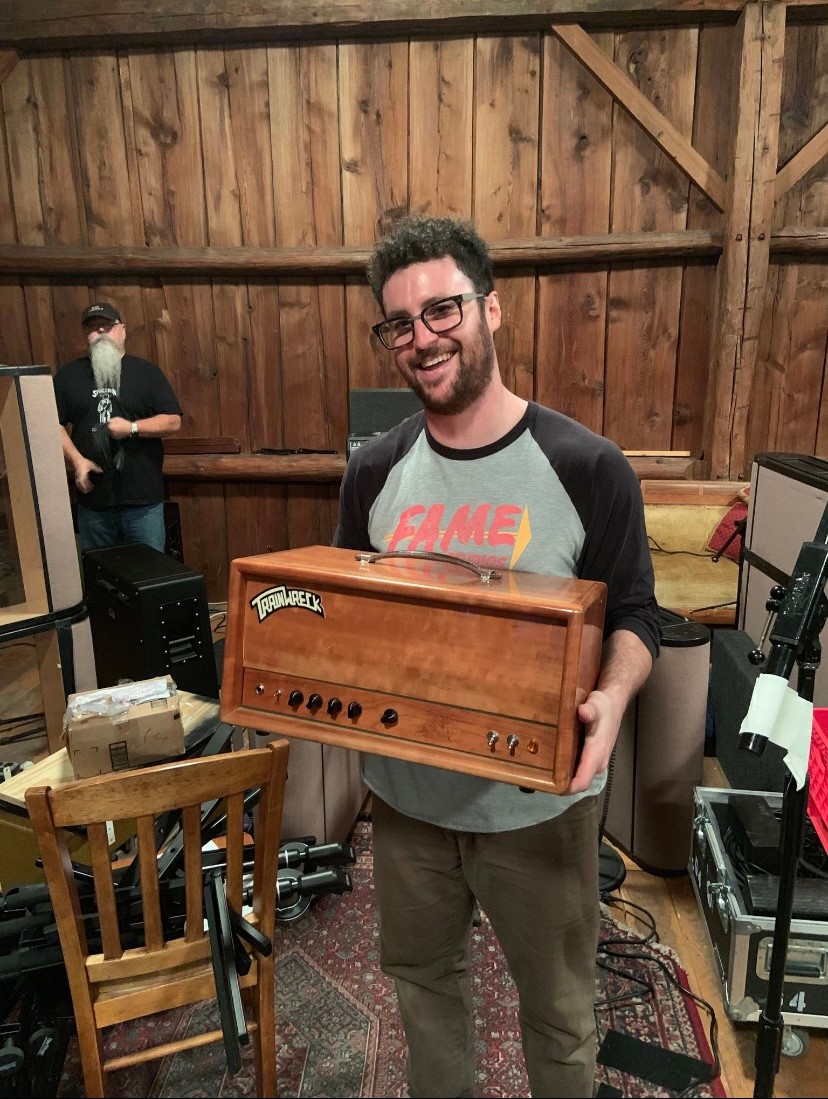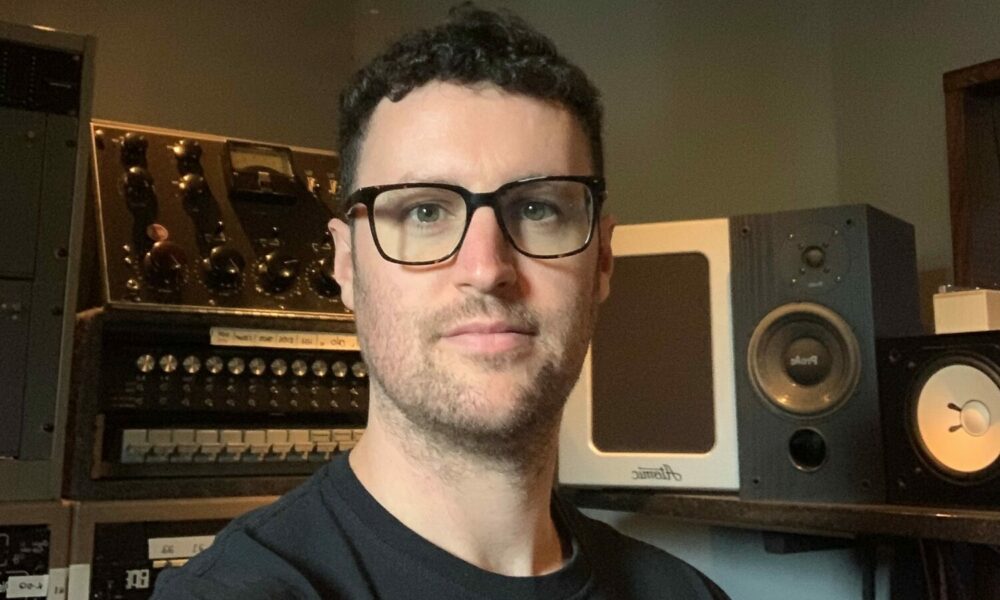

Today we’d like to introduce you to Mike Fahey.
Mike, we appreciate you taking the time to share your story with us today. Where does your story begin?
Raised in Maine, I first learned the trumpet in my school band. I picked up a guitar for the first time when I was 11 and that changed things. From there, music has always been my biggest passion and I feel so lucky that I have been able to turn it into a career. I was in a rock band in high school and we did some amateur recordings at a band member’s home. When it was time to go to college, I attended the University of Maine in Orono for Mechanical Engineering before switching my major and college to Audio Engineering at The New England School of Communications (NESCOM) in Bangor, Maine.
In 2012, I landed an internship at Sputnik Sound in Nashville after seeing producer/engineer/mixer Vance Powell speak at NESCOM earlier that year to talk about mixing The Raconteurs’ ‘Consolers Of The Lonely’ record. After two months in my internship role at Sputnik Sound, I was hired by Mitch Dane to be his assistant engineer. During that time, we moved Sputnik to a new building in Berry Hill and I added studio construction to my skill set for seven months while we renovated the new studio. In late 2014, Vance hired me as his assistant engineer and I’ve been with him ever since. In this role, I’ve been fortunate enough to be able to work with excellent artists, mentors, and peers on Grammy-award-winning records at world-class studios around the US and abroad. In 2020, I started my own studio, Starbird Sound, and I’ve been producing, recording and mixing records there as well, in addition to my role at Sputnik.
Alright, so let’s dig a little deeper into the story – has it been an easy path overall and if not, what were the challenges you’ve had to overcome?
I was in the right place at the right time when I was hired at Sputnik Sound. One assistant left and went freelance so there was an opening and I happened to be the only intern at the time so naturally, the job was offered to me. I had a job before I had technically graduated college, so that’s about as good as gets and it panned out better than I could have imagined. As an unpaid intern, I had to find work when I first came to Nashville. I have had over a decade of experience working as a cook in restaurants so I found a job at a local taco place. I would work 40 hours a week at the studio and another 40 hours at the restaurant. This was my schedule for a little over two years, even after I got hired at Sputnik. The cost of living in Nashville wasn’t as expensive back then but I still had to work two full-time jobs to make ends meet. When we were building the new studio in Berry Hill I was able to quit the restaurant job and worked part-time with the contractor doing construction on other projects. The pay was better and I was learning a useful trade.
After getting hired by Vance Powell I was able to quit all other jobs and focus on being his assistant engineer. The biggest struggle is the time commitment this job takes, especially as an assistant. You’re the first to arrive and the last to leave and the hours can be extremely long and work on weekends is not uncommon. I sacrificed time with my family, relationships, and my social life. I missed out on a lot of important events and holidays with my family and friends. There are many people that would love to have my job so if you’re not willing to say yes to what needs to be done, somebody else will. Since opening my studio and working on my own projects in my spare time, finding that work-life balance has been another struggle. The pandemic made me uncertain of going freelance and leaving Sputnik. We’ve all seen touring making a comeback and that is the main way musicians can make an income and pay for recording – so I’m hopeful of the future and feel better about making that transition soon.
Thanks for sharing that. So, maybe next you can tell us a bit more about your work?
I’m a producer/engineer and I record and mix records. I specialize in recording rock bands, but at Starbird Sound, I also work on various other genres like country, Americana, and indie pop, primarily with solo artists and hired session players. I have a great collection of vintage analog audio gear and instruments at my studio that I am always cultivating. With this, I’m able to capture performances with equipment that shapes the sound with lots of character and color. The recording studio industry is very much hospitality-based, and I draw many parallels with the restaurant industry. Throughout every step, you need to ensure the customer/client is comfortable, has everything they need to do their best work and be in the right space and mindset. Both industries ultimately provide the customer with a finished product and I pride myself on making the recording experience as great as the recording itself. With Vance Powell through Sputnik Sound, I’m most excited about the work I’ve been able to do with great artists like Chris Stapleton, Trey Anastasio/Phish, and The Raconteurs.
In terms of your work and the industry, what are some of the changes you are expecting to see over the next five to ten years?
On the artist side, I hope all major streaming platforms change their business model so that artists receive more equitable distributions from streaming revenues. On the sound side, currently the big change in music is mixing for Dolby Atmos. There are many studios making modifications to control rooms and setting up the necessary equipment to use this new technology. It’s an immersive audio experience similar to surround sound, but more spatial and technical. It will be interesting to see where Atmos will be in 5-10 years and how it is adopted as more users become familiar with the technology.
Pricing:
- $1000/Day for Studio Recording
- $600/Song for Mixing
- $50/Song Tuning Vocals
- $50/Song Vocal Comping
- $100/Song Editing
Contact Info:
- Website: mikefahey.co
- Instagram: @StarbirdSound
- Other: https://soundbetter.com/profiles/467959-mike-fahey

